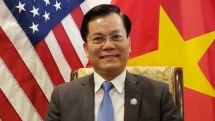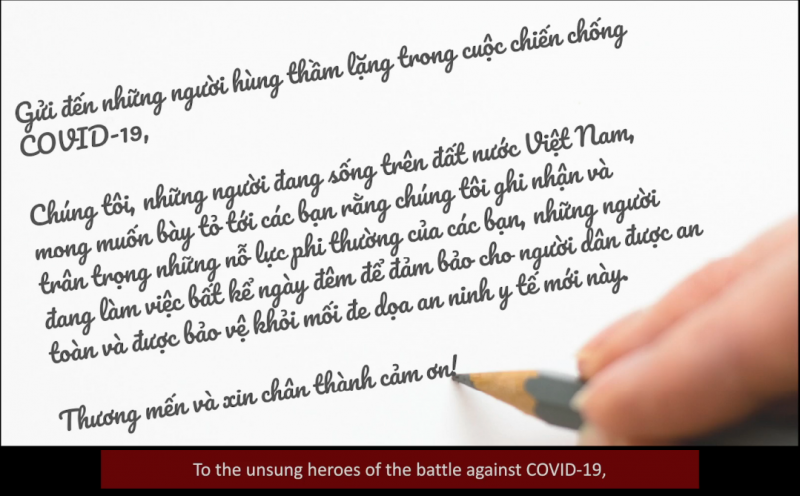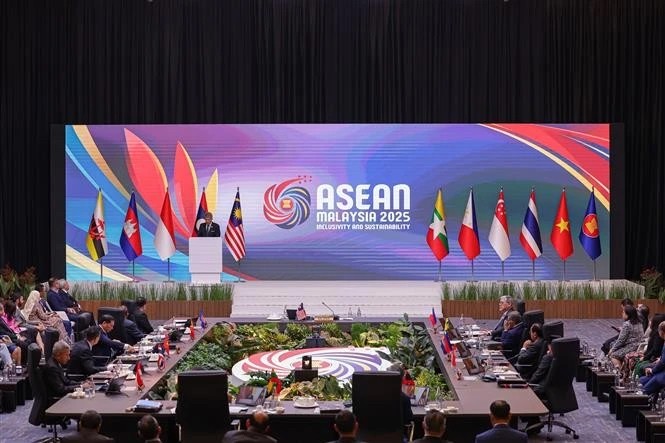Vietnam wins praise over Covid-19 combat with limited resources
| US praised Vietnam's efforts in combating COVID-19 | |
| WHO Vietnam delivers thank-you video to unsung heroes in Covid-19 combat | |
| WHO chief praises Vietnam’s efforts in COVID-19 combat |
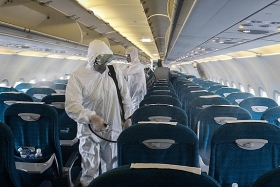 |
| Illustrative photo. A medical staff sterilizes a cabin on airplane. Photo: AP. |
When most of Vietnam’s 96m citizens were celebrating the Tet lunar new year holiday, Prime Minister Nguyen Xuan Phuc was at a government meeting declaring war on coronavirus.
| The disease was raging over the border in China and Mr Phuc warned it would soon reach Vietnam. “Fighting the epidemic is fighting the enemy,” he said at the end of January. |
Since then Vietnam has proved a model in containing the disease in a country with limited resources but determined leadership.
Rather than embark on mass testing, which has been the crux of wealthier South Korea’s response to the outbreak, Vietnam has focused on isolating infected people and tracking down their second- and third-hand contacts.
“Mass testing is good, but it depends on the resources of each country,” said Tran Dac Phu, a senior health official advising Vietnam’s Emergency Operation Centre, which is equivalent to the US Centers for Disease Control.
“The important thing is, you need to know the number of people who might have come in contact with the disease, or returned from pandemic areas, then perform tests on these people.”
Apart from the aggressive tracing of infected people’s contacts, the communist leadership’s measures have also included forced quarantines and the conscription of medical students, retired doctors and nurses to join the fight.
| “Vietnam is a mobilization society,” said Carl Thayer, professor emeritus at the University of New South Wales Canberra. “It is a one-party state; it has large public security forces, the military and the party itself; and it’s a top-down government that’s good at responding to natural disasters.” |
Over the weekend, Hanoi introduced mandatory 14-day quarantines for all people arriving in the country and the cancellation of all foreign flights.
“We have to mobilize all society to the best of our capability to fight the outbreak together, and it’s important to find the cases early and isolate them,” said Mr Phu.
| Vietnam has reported 123 coronavirus cases and no deaths. Most recent cases were part of a “second wave” of infections traced back to people arriving from abroad. As of March 20, Vietnam had tested 15,637 people — a fraction of the 338,000 tested in South Korea. |
As elsewhere in south-east Asia with limited testing, the true number of cases is probably much higher than reported. But Vietnam’s response has still been impressive. It halted all flights to and from China on February 1 and schools in Vietnam’s two biggest cities, Hanoi and Ho Chi Minh City, and most other provinces were told to remain closed after Tet.
On February 13, Vietnam became the first country after China to seal off a large residential area. It imposed a 21-day quarantine in a part of Vinh Phuc province, north of Hanoi, where more than 10,000 people live, after cases were traced back to workers returning from Wuhan.
| At a time when its neighbour Thailand is being criticised for its haphazard response to coronavirus, and Myanmar — which claimed to be free of the disease until reporting its first two cases on Monday — Vietnam’s response has been praised by health officials. Kidong Park, the World Health Organization’s representative in Hanoi, lauded Vietnam for its “proactiveness and consistency throughout the response”. |
However, Vietnam’s success in containing Covid-19 depends in part on the mobilisation of medical and military personnel, surveillance and intrusion, and on the state’s network of informants — measures that might prove difficult for the US or European countries to countenance.
Vietnamese state-controlled media has been relentlessly on message, and officials seem to have been transparent about the outbreak, in contrast with crises such as a 2016 chemical spill that angered the public. Vietnam’s health ministry sends regular text messages about coronavirus-related news and health tips.
A recent survey by Nielsen Vietnam, the market research firm, found the majority of respondents were “highly aware” of Covid-19’s symptoms. The government’s efforts to fight COVID-19 have garnered popular support, judging by social media posts cheering health workers and a viral propaganda poster-style meme reading: “To stay at home is to love your country!”
But part of Vietnam’s approach has been heavy-handed. People found sharing “fake news” about the virus have been summoned by police and about 800 have been fined.
Vietnam’s national network of informants has helped keep tabs on infected people. “Neighbours know if you come from a foreign country,” said Truong Huu Khanh, head of the department of infectious diseases at Ho Chi Minh City Children’s hospital. “If an infected person is in the area, they will report this.”
In response to a question from the Financial Times, Vietnam’s government spokeswoman said that Hanoi had “implemented many drastic and applicable measures” to contain the disease. “Until now, the coronavirus cases in Vietnam remain at a low rate with no deaths,” Le Thi Thu Hang said.
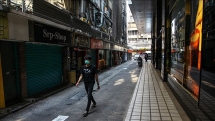 | Thailand State of emergency is being declared on coming Thursday over Covid-19 As the Covid-19 cases in Thailand jumped quickly to 827 with 4 deaths reported, the Southeast Asian country is going to declare state of emergency ... |
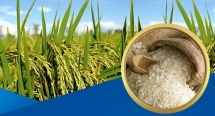 | Vietnam suspends rice exports for food security Clearance for rice shipments has been stopped issuing by Vietnam Customs to ensure food security as the Covid-19 pandemic intensifies. |
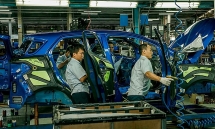 | Ford Vietnam has to suspends its production Amidst the Covid-19 pandemic, Ford Motors - one of the largest international automakers in Vietnam - has become the first to suspend production as a safety measure . |
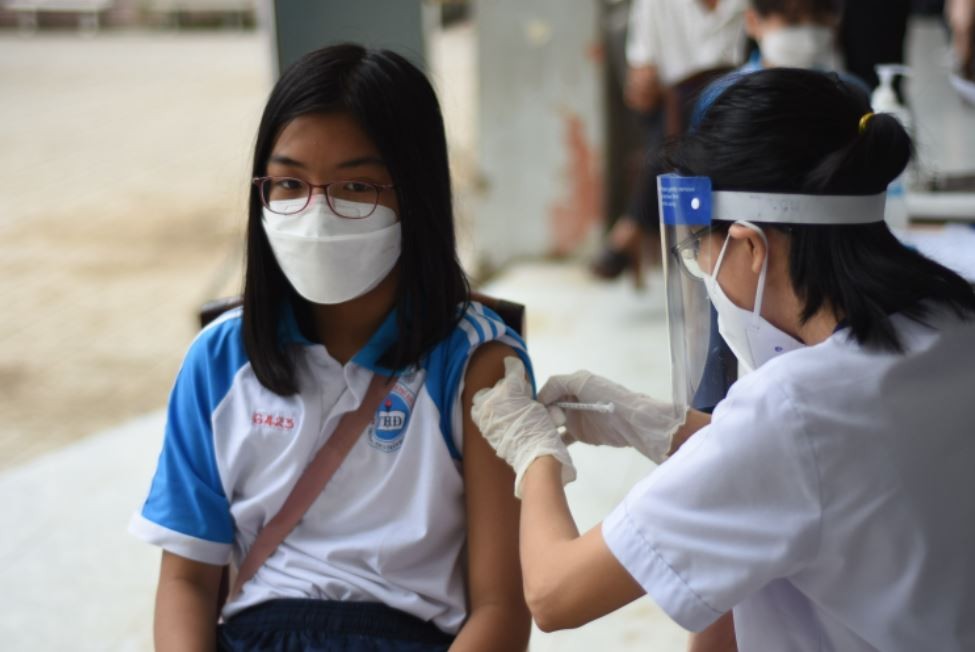 Focus
Focus
Vietnam Covid-19 Updates (May 1): Daily Infections Fall to Nine-month Low of 5,109
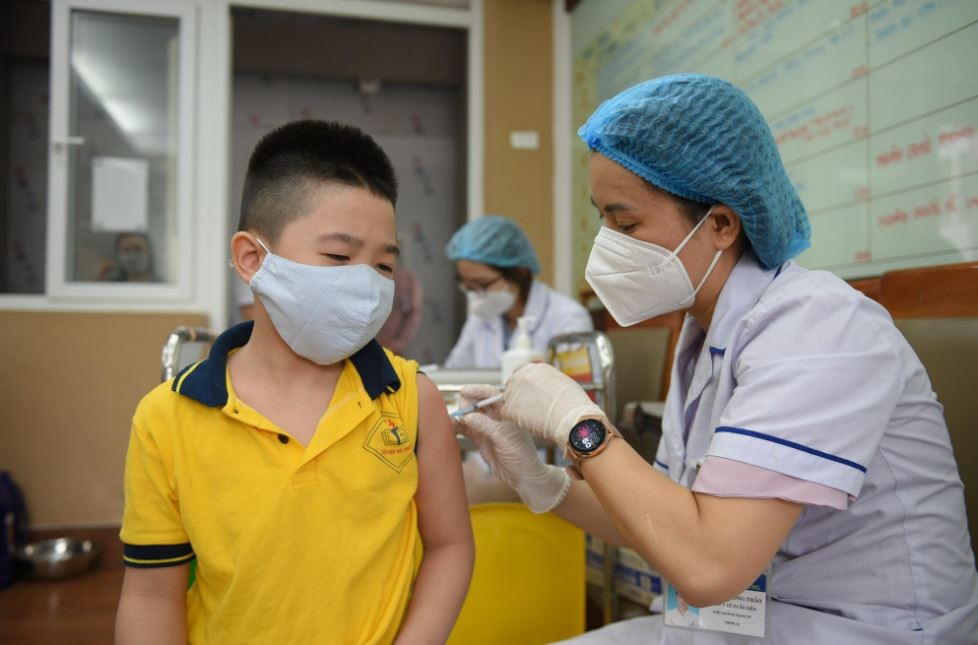 Focus
Focus
Vietnam Covid-19 Updates (April 29): 7,100 Cases, 79,000 Recoveries Reported
Recommended
 Handbook
Handbook
Vietnam Moves Up 8 Places In World Happiness Index
 Handbook
Handbook
Travelling Vietnam Through French Artist's Children Book
 Multimedia
Multimedia
Vietnamese Turmeric Fish among Best Asian Dishes: TasteAtlas
 Handbook
Handbook
From Lost to Found: German Tourist Thanks Vietnamese Police for Returning His Bag
 Handbook
Handbook
Prediction and Resolution for the Disasters of Humanity
 Handbook
Handbook
16 French Films To Be Shown For Free During Tet Holiday In Vietnam
 Handbook
Handbook
Unique Cultural and Religious Activities to Welcome Year of the Snake
 Handbook
Handbook

